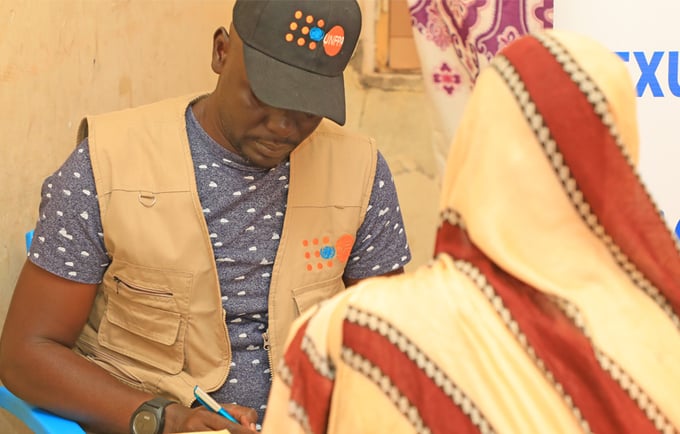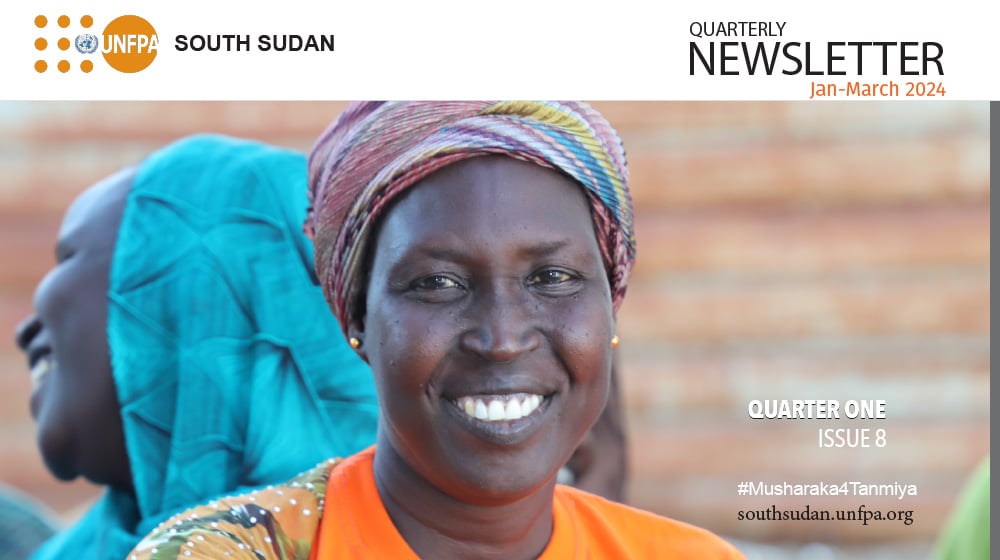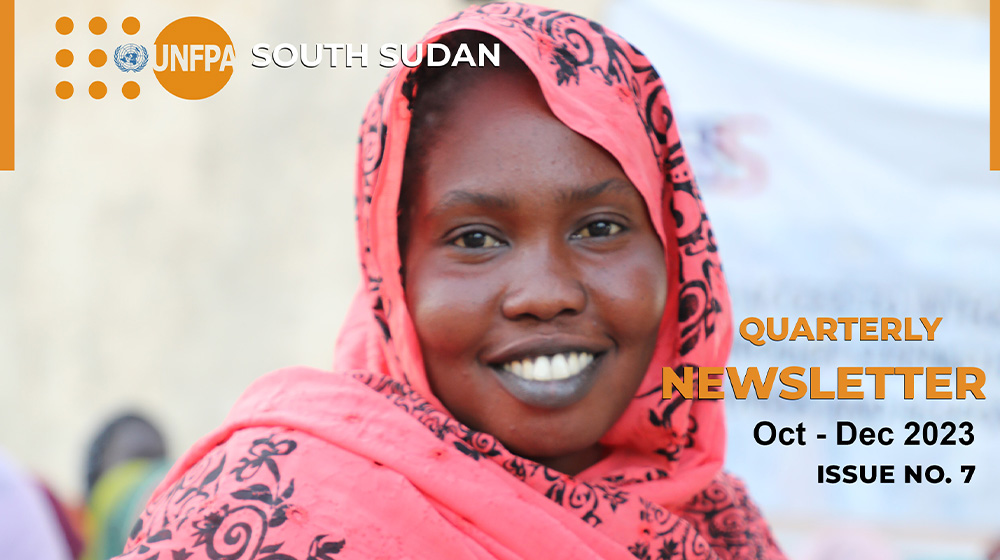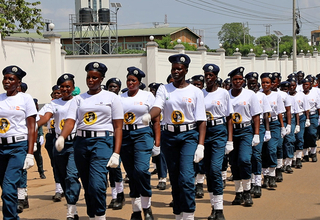In Wau, a city marked by its resilience amidst challenges, a 17-year-old girl's journey to find sanctuary unfolds, casting a light on the profound impact of dedicated support systems for survivors of gender-based violence (GBV). Amina* not her real name, represents both the struggles faced by countless individuals and the beacon of hope that the family protection centres or one-stop centres that they are also called can provide.
Amina's story began in a setting all too familiar in countries grappling with conflict and instability, where the shadows of GBV loom large, often leaving deep emotional and physical scars on survivors. She faced challenges that no person, let alone a child, should endure. The violence that shadowed her community eventually found its way into her own life, leaving her desperate for help and healing. For Amina, the ordeal of experiencing sexual violence and being ostracized by her family and community seemed insurmountable until she discovered the one-stop centre in Wau, a safe place designed to offer comprehensive support to GBV survivors.
At the centre, Amina was not just a statistic; she was a person deserving of care and respect. Medical professionals provided the essential healthcare she had long been denied. But the healing didn't stop there. Legal officers offered her guidance, ensuring she understood her rights and the steps available to seek justice. Most importantly, Amina found a space where her voice was heard and valued—a stark contrast to the oppressive silence she had been forced into.
“I received so much support, counselling and help that I don’t know what I would have done without this” she stated.

The psychological support Amina received was transformative. Speaking with counsellors, she began the arduous process of unpacking her trauma, learning to navigate the storm of emotions that had threatened to overwhelm her. Unable to go back to her home and community, Amina was taken to the safe shelter, surrounded by others who had walked similar paths, she discovered a community of resilience, a sisterhood that empowered her to reclaim her strength and agency.
The safe shelter in Wau, where Amina found refuge, serves as more than just a place of temporary safety; it is a community of survivors and advocates, a place where stories of resilience and courage are woven into the very fabric of its existence. For Amina, the shelter became a turning point, a place where the isolation and fear that once defined her experience gave way to solidarity and hope.
Amina's journey is a testament to the strength found in the face of adversity, and the crucial role that comprehensive support services play in enabling survivors of GBV to reclaim their lives. It underscores the importance of such centres in conflict-affected countries like South Sudan, where the path to healing is often obstructed by myriad challenges. Through her story, Amina not only highlights the struggles faced by many but also illuminates the potential for recovery and empowerment that specialized centres offer.
The one-stop centre and safe shelter in Wau stand as beacons of hope, not just for Amina, but for all survivors seeking a way forward in the aftermath of violence. They exemplify the power of holistic support systems in transforming lives, advocating for a world where survivors are met with the care, dignity, and respect they deserve. Amina's story, marked by resilience and the transformative impact of compassionate support, serves as a powerful reminder of the indomitable human spirit and the importance of standing in solidarity with those seeking to overcome the shadows of violence.




